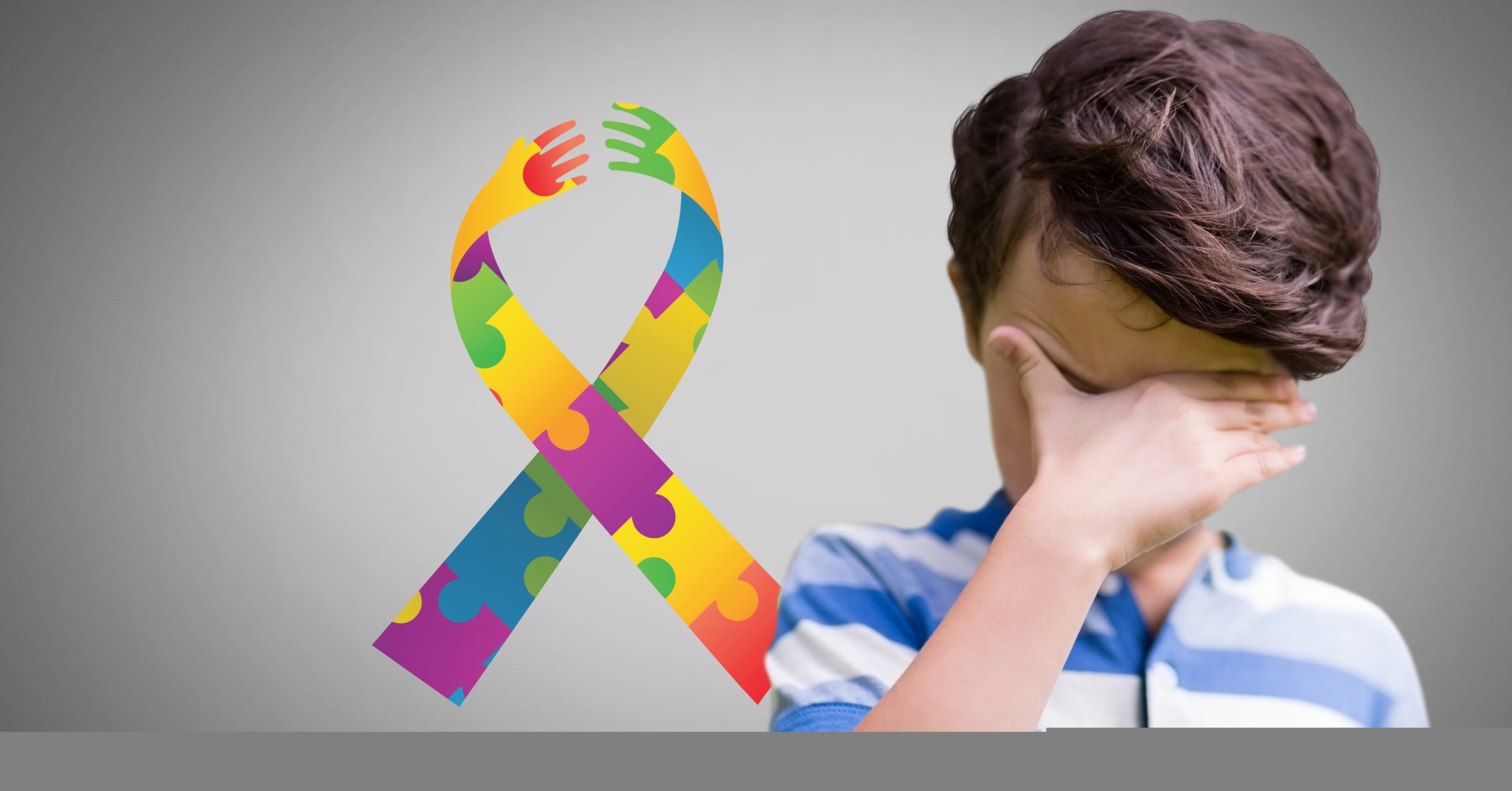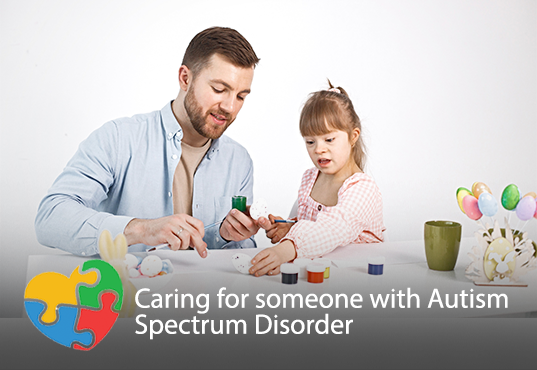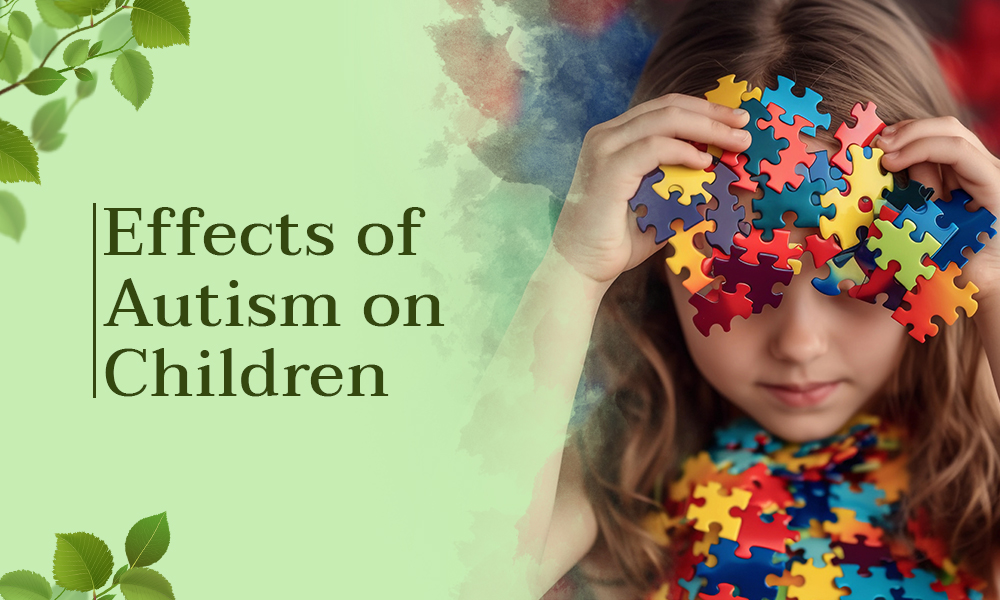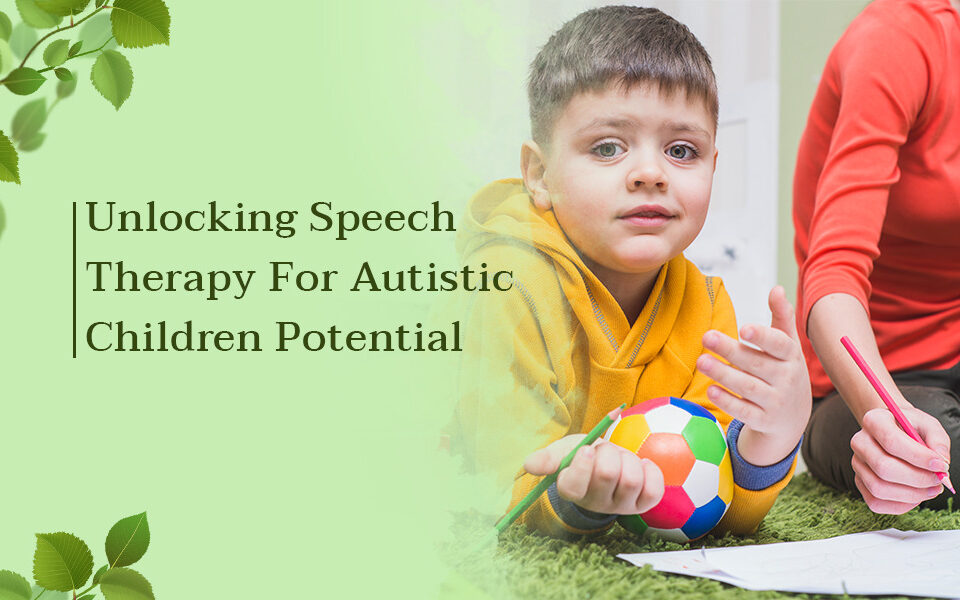- Jofa Tower 5th floor, SB-23, Block 13 C, Main University Rd, Gulshan-e-Iqbal, Karachi.
- +92 322 3746726
- tis@transformation.com.pk
Effects of Autism on Children

Treatment and Intervention Services for Autism Spectrum Disorder
July 18, 2023
Autism Child Treatment In Karachi
July 27, 2023Autism is a developmental condition that is typically identified in the first few years of life. Autism in children manifests as developmental delays in social interaction and communication, and they frequently find repetition to be fascinating. Children and adults with autism have limited capacity for social connection and understanding, and they frequently struggle to comprehend others' emotions or interpret their tone of voice and facial expressions. Autism has a significant impact on a child's life and talents as well as those of his or her family.
Since there is no documented single cause for autism, it is believed that a combination of variables, rather than a single cause, is more likely to be responsible for the condition's emergence. Studies on identical and non-identical twins demonstrate that a child's propensity for autism is significantly influenced by heredity. Digestive problems, food sensitivities or allergies, mercury poisoning, and sensitivity to early childhood vaccinations are some additional factors that have been proposed to be involved.
Here are some common effects of autism on children:
Communication Difficulties:
Children with autism may struggle with both verbal and nonverbal communication. They may have difficulty developing language skills, have limited speaking, or might not talk at all. Some autistic children may also demonstrate echolalia, which is when they repeat words or phrases without understanding what they are saying.
Repetitive Behaviors:
Many autistic children engage in repetitive actions such as hand flapping, rocking, or arranging objects in a certain order. These repeated activities can be soothing to the youngster and may help them cope with sensory overload.
Restricted Interests:
Autistic children may have great interests in certain subjects or activities. They may concentrate hard on one issue and become specialists in that field, while exhibiting little interest in others.
Executive Functioning Difficulties:
Executive functioning is a group of mental abilities that include planning, organization, and impulse control. Autistic children may struggle with these abilities, making it difficult for them to manage their everyday activities and obligations.
Social Difficulties:
Social engagement might be difficult for autistic youngsters. They may struggle to recognize social cues, maintain eye contact, and read facial expressions and body language. It may also be more challenging to form and maintain friendships.
Sensory Sensitivities:
Sensory sensitivities, such as being highly sensitive to sounds, lighting, textures, or odors, are common in children with autism.Certain sensory inputs that do not upset neurotypical people might be stressful or overpowering for autistic youngsters
Transition Difficulties:
Changes in routine or unexpected occurrences can be difficult for autistic children. They may struggle to move from one activity to another or to adjust to new circumstances.
Delayed Developmental Milestones:
Some autistic children may be slower than their neurotypical classmates in reaching developmental milestones such as walking, talking, or toilet training.

Co-occurring Disorders:
Many children with autism have co-occurring disorders or co morbidities, such as attention deficit hyperactivity disorder (ADHD), anxiety, depression, or intellectual difficulties.
Most parents discover indications of autism in their child by the time he or she is two years old. A child with autism is likely to be developmentally delayed in both verbal and nonverbal communication, as well as social interaction, at this age.
The consequences of autism tend to get more severe as the child grows older. Children with autism are often unable to engage in play with other children, particularly social or creative play, and they are unable to establish friends with their classmates at school.
A child with autism, in general, has difficulty initiating and maintaining conversations and does not cope well with disturbances in his or her routine.Frequently, the youngster will concentrate on one or two topics of interest to the exclusion of all or most others. Some autistic children exhibit violent behavior, particularly when disturbed during a task or habit.
What are some of the special abilities of children
with ASD?
Children with autism have difficulty responding to and interacting with their surroundings. They may, however, have special abilities that will help them succeed in their chosen vocations later on. Specialist knowledge in a certain topic is one area where children with autism frequently show average or above average skills.
Excellent visual and spatial memory.
Methodical and orderly.
Understanding of abstract notions.
Problem-solving and logical thinking are both required.

Caring for someone with Autism Spectrum Disorder
When parents or guardians learn that their child has autism, they experience tremendous stress and might become extremely disturbed. Many parents, particularly moms, left their occupations to care for their children full-time. At home, siblings learn to adapt their lives around their brother or sister who has been diagnosed with autism, family members pitch in with greater support, activities and plans are developed with the child's interests in mind, and so on. In summary, raising an autistic child presents a unique set of obstacles. Parents or caregivers, on the other hand, can make better decisions for their children if they are well-informed.

Be patient and compassionate, realizing that people with ASD may have particular communication and behavioral issues.
To relieve anxiety and promote a sense of security, create an organized and predictable routine.
Learn about ASD and seek expert help to execute appropriate treatment measures.
Caring for someone with ASD may be emotionally and physically draining, so practice self-care to stay well.
Plan and provide a regular routine for all the daily activities.
It's essential to remember that each autistic child is unique, and the intensity and mix of these impacts can vary greatly. Early intervention, personalized support, and treatments suited to the child's unique requirements can all contribute significantly to optimizing potential and increasing quality of life. Remember to consider factors such as the expertise of professionals, the availability of specific therapies or interventions, and the compatibility of treatment approaches with your child's needs. It's important to consult with professionals and gather as much information as possible to make an informed decision about the Best Autism Treatment options for your child in Karachi.




